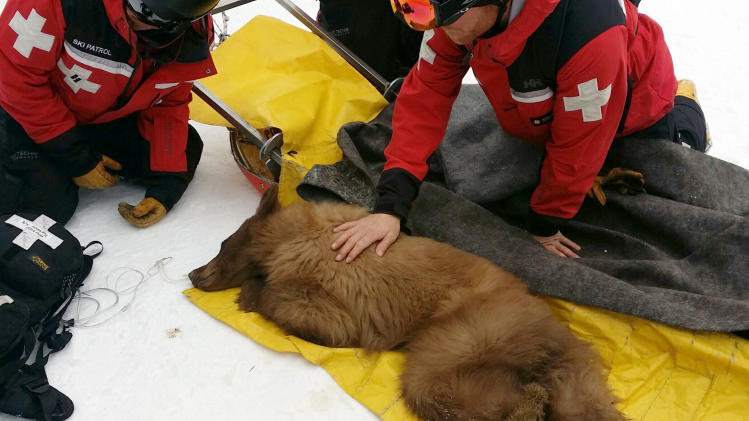Carolina Naturally is read in 199 countries around the world daily.
Sea Monkeys ... !
Today is - National Sea Monkey Day
Don't forget to visit our sister blog: It Is What It Is
Some of our reader today have been in:
The Americas
Toronto,
Thunder Bay, L'ancienne-Lorette, Joliette, Byward Market, Pikangikum,
Lake Louise, Nunalla, Vancouver and Ottawa, Canada
Wyncote, Casper and Manassas, United States
Colegiales and Buenos Aires, Argentina
San Juan, Luquillo, Guaynabo and Ponce, Puerto Rico
Mexico City and Alvaro Obregon, Mexico
Soacha, Bogota and Armenia, Colombia
Guatemala, City, Guatemala
Tipitapa and Managua, Nicaragua
Alta Floerstra, Sao Paulo and Rio De Janeiro, Brazil
Europe
Zagreb and Dubrovnik, Croatia
Lisbon, Teixoso, Funchal and Covilha, Portugal
Sarajevo and Mostar, Bosnia and Herzegovina
Dresden, Frankfurt Am Main, Stuttgart, Viersen and Berlin, Germany
Treviso, Ivrea, Padova and Genova, Italy
Rouen and Lyon, France
Espoo and Vantaa, Finland
Merida, Magala, Pontevedra, L'Olleria, Madrid and Barcelona, Spain
Ryazan, Kazan and Rostov-Na-Donu, Russia
Warsaw, Poland
Riga, Latvia
Amsterdam, Netherlands
London and Kent, England
Dublin, Ireland
Ruse, Bulgaria
Kaunas, Lithuania
Reykjavik, Iceland
Asia
Doha, Qatar
Seri Kembangan, Kuala Lumpur and Kota Kinabalu, Malaysia
Patna, Vishakhaptanam, Delhi, Kolkata, New Delhi, Mumbai, Pune, Vadodara, Surat and Bangalore, India
Colombo, Kandy and Grampaha, Sri Lanka
Thanh Pho Ho Chi Minh and Hanoi, Vietnam
Beirut, Lebanon
Jakarta and Cilemngsi, Indonesia
Petah Tikva, Israel
Kathmandu, Nepal
Baghdad, Iraq
Africa
Stellenbosch and Pretoria, South Africa
Nairobi, Kenya
Shurugwi, Zimbabwe
Tunis, Tunisia
Hassi Messagud, Algeria
The Pacific
Perth, Sydney and Melbourne, Australia
Pasay and Markina, Philippines






























